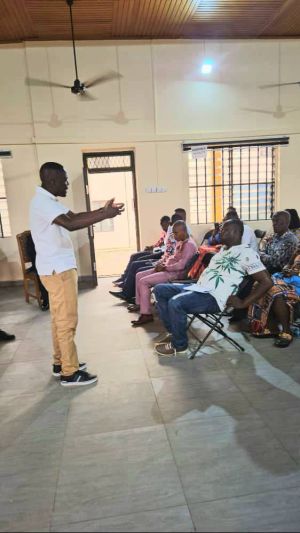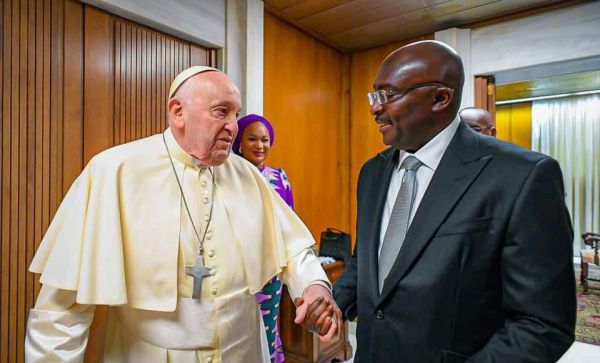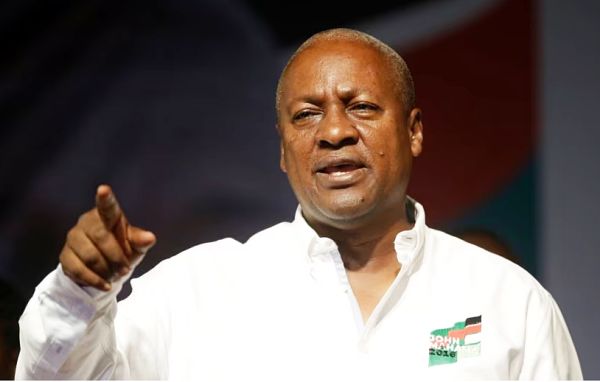
Implementing a 24-hour economy policy of the National Democratic Congress flag bearer, John Mahama, will increase productivity, create jobs, enhance service delivery and help align the country’s socio-economic objectives, a report by the Graduate Students’ Association of Ghana (GRASAG) has said.
Views expressed by all respondents considered the 24-Hour Economy Policy as a beneficial policy with the potential to propel economic development and create diverse opportunities for citizens with the round-the-clock operation of businesses and services.
“There’s a collective belief in its capacity to stimulate innovation, attract investment and foster sustainable growth, positioning Ghana as a dynamic and competitive player in the global market,” it added.
Research
The research, which was unveiled last Tuesday in Accra sampled 398 out of approximately 100,000 graduate students across the country using a worldwide accepted method known as the Yamane's (1967) formula.
The survey aimed to shed light on the transformative potential of implementing a 24-Hour Economy in the country should there be the opportunity. It was followed by a panel discussion to deliberate, critique and review the results of the study.
The panellists were an Associate Professor of the Finance Department of the University of Ghana Business School, Professor Lord Mensah; an Economist and Lecturer at the University of Professional Studies, Accra, Dr Peter Boamah Otokunor, and a Deputy Director at the Trades Union Congress, Dr Prince Asafu-Adjaye.
To tackle infrastructure limitations with the implementation of the policy, the research recommended that there should be investments in road networks, power supply, and telecommunications infrastructure, supported by public-private partnerships (PPPs) to expedite development.
It also called for the deployment of advanced surveillance systems, increased police presence, and community policing initiatives while putting in place regulatory reforms necessary to streamline business operations and create conducive environment.
Furthermore, it said there was the need to implement policies and incentives to attract investment in key sectors such as health care, manufacturing and technology and create funded entrepreneurship programmes to support and encourage innovation for enterprise development.
“Investments in education and skills development to equip workforce with the necessary competencies. Vocational training programmes and partnerships with industry stakeholders can facilitate workforce readiness and employability,” the research added.
The research equally urged the proponents of the policy to foster public awareness and participation in the transition while paying special attention to marginalised groups to ensure equitable access to economic opportunities.
The research, therefore, stressed the need for a comprehensive strategy for long-term sustainability, which should include regular monitoring and evaluation mechanisms.
Nation building
The President of the association, Emmanuel Owusu, said the research project was part of a broader initiative dubbed the GRASAG Policy Research Index (GPRI) which sought to enquire about promises and policies made by the political class.










